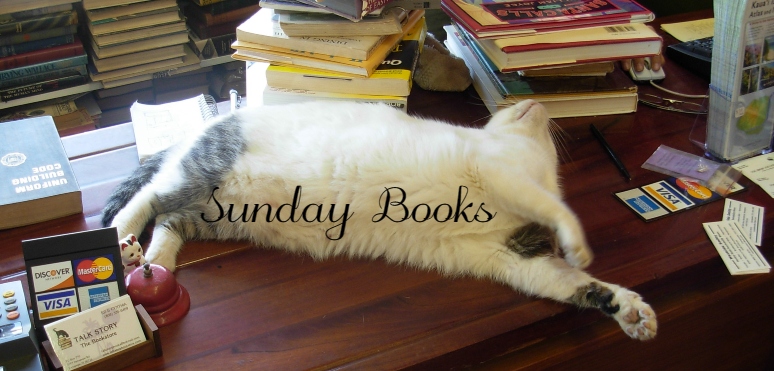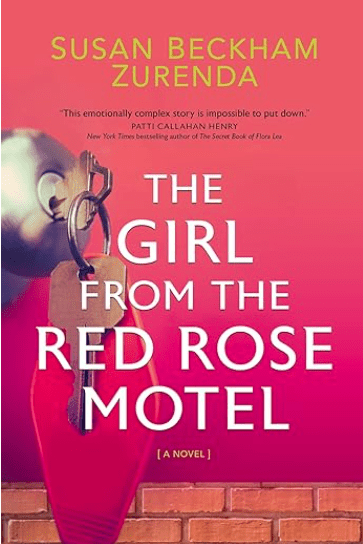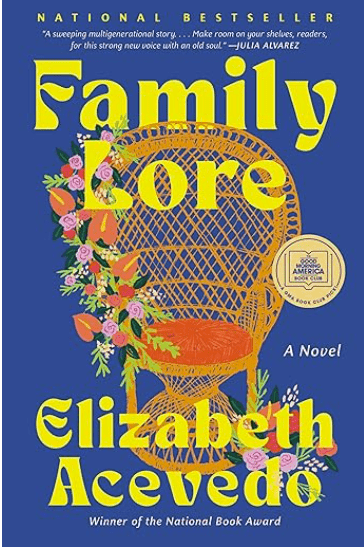
A Review of Company
Music and lyrics by Stephen Sondheim
Book by George Furth
Kennedy Center Concert Hall through March 31
Purchase Tickets
I love this script. I love this score, I love this story, I love it when it “works” and even when it doesn’t, quite. I just need to get that on the table before I start. I’ve loved it since 1972 – about 3 years after it opened.
And, like an old flame that gets rekindled after a long separation I fell in love again on March 13, at the Kennedy Center’s staging of the touring performance based on the Tony Award winning restaging of the show. Okay, I’ve gotten my caveat out of the way. Let’s talk about this production.
Bobbie is a 35-year-old professional woman living in New York. We know practically no details about her from the start to the end. (“You know what I think of when I see her? The Chrysler Building. Isn’t that wild?” is a line from one of her best friends.) By the end we’re not sure if Bobbie even knows about what makes her tick.
We know all about her friends and the guys in her life and what they think, but we find ourselves looking at a glistening, beautiful exterior of Bobbie and wonder-along with them — What is she thinking?
Her friends are five married (or unmarried) (or ex-married) (or soon to be married) men and women. Each couple is introduced in a short scene, one-act plays, really. Scenes are regularly interrupted by songs that explain or comment on or simply energize the scenes. Sometimes the songs are witty, sometimes emotional, uproarious, or simply telling us what the scene might mean.
Each couple is unique, each partner is unique, but each also looks deeply and comically at some aspect that makes them universal as well. The first couple we get to know are Harry (James Earl Jones II) and Sarah (Kathryn Allison). He’s not drinking anymore (but he does) and she’s on a diet and fitness kick (except when she’s eating brownies). However, they can never admit it to each other. The scene is a game of one-upmanship carried to hilarious levels. After a jiu-jitsu demonstration they (and Bobbie) end up in a pile on the floor. And then other married couples enter and sing “It’s the Little Things You Do Together,” which is a celebration of everyday life in marriage.
Couples: “It’s not so hard to be married
It’s much the simplest of crimes
It’s not so hard to be married”
Joann: “I’ve done it three or four times.”
After Sarah leaves the room, Bobbie asks Harry “Are you ever sorry you got married?”
Harry (sings): “You’re always sorry
You’re always grateful
You’re scared she’s starting to drift away
And scared she’ll stay.”
Unsettling, right? But the characters are so endearing in their human failings that you forgive them with a laugh. But Bobbie, who is single, really wants to commit to someone, to want something, she just can’t seem to do it.
Every unmarried person watching the show knows exactly what she’s feeling, male or female. (The character Bobbie, played by Britney Coleman, was originally male Bobby and played on Broadway by Dean Jones). Every married couple can see themselves in every one of the couples: as Harry and Sarah are competitive, David (Jed Resnick) and Jenny (Emmastratton) are uptight until Bobbie shares her vape with them, then get hilariously loose.
Paul (Jhardon DiShon Milton) and Jamie’s (Matt Rodan) wedding is almost thrown off the rails (Jamie sings “Getting Married Today” in which he explains why he’s not). Peter (Javier Ignacio) and Susan (Marina Kondo) are mismatched while they’re married — he’s controlled and Susan is a bit wild — but once they’re divorced (spoiler) they can’t keep their hands off each other. Susan has the (spoiler) pregnancy to show for it. Joanne (Judy McLane) is as prickly as a drunken cactus, but Larry (Derrick Davis) lets it bounce right off, because he sees behind her mask to see her pain. McLane adds her name to a list of stars like Elaine Stritch and Patti LuPone who growl and belt memorably through “The Ladies Who Lunch.”
Bobbie’s three boyfriends couldn’t be more oddly mismatched. You wonder what one woman would see in all these guys? Andy is — forgive the stereotype — a dumb blonde. Yes, that works both in the male and female versions of the character. PJ is counter-cultural, mystical, and philosophical in a most unusual way. The trio is rounded out by Theo. He and Bobbie were secretly ready to commit but neither of them could bring themselves to propose. Too late. He’s moving out of New York.
The show comes down to Bobbie finally questioning herself — what does she actually want? The friends are funny but also weird and unsettling and seem just wrong for each other. They’re funny but wrong. And moving. And deeply maladjusted-all of which are used to describe Bobbie herself, because Bobbie never gives anything away. When Paul says to Jamie “Do you know that if other people did what you do to yourself, they could be put in jail?” he could just as easily be talking to Bobbie.
The production is smooth, clean and professional. Scenes glide on, join, mix up, dance around the stage, turn into a giant logo for the show. All performers are chorus and principals, but you never lose sight of who the main characters are. Bobbie’s red jumpsuit lets you know where she is, at all times — and she barely leaves the stage. The stage is filled with Bobbies in one memorable fantasy sequence. Costuming is sleek and very much a reflection of today’s fashions.
What the staging does on a stage with a velvety dark background is amazing, a rhapsody of white, gray, silver, and cleverly shaped stage units. At one point Bobbie, like Alice, has to crawl into a dollhouse version of her usual apartment to fetch herself a tiny shot of bourbon before going into the next scene.
Don’t worry, it all comes together in the end. The spirited solo finale “Being Alive” shows a Bobbie who is not confused, not dependent, and ready to accept the adventure life has to offer, whatever and with whomever that might be.
Company is an adult show. It’s not pornographic, it doesn’t have wall-to-wall swearing, and there is no complete nudity. However, children and very sensitive people are likely to have a problem with understanding the nuance of the characters and the intensity of the relationships.
As I said at the beginning, I love this show, the production, and the performances. You have until March 31 to see it at the Kennedy Center.
Dennis Wemm is a retired professor of theatre and communication, having taught and led both departments at Glenville State College for 34 years. In his off time he was president and sometimes Executive Director of the West Virginia Theatre Conference, secretary and president of the Southeastern Theatre Conference, and generally enjoyed a life in theatre.





